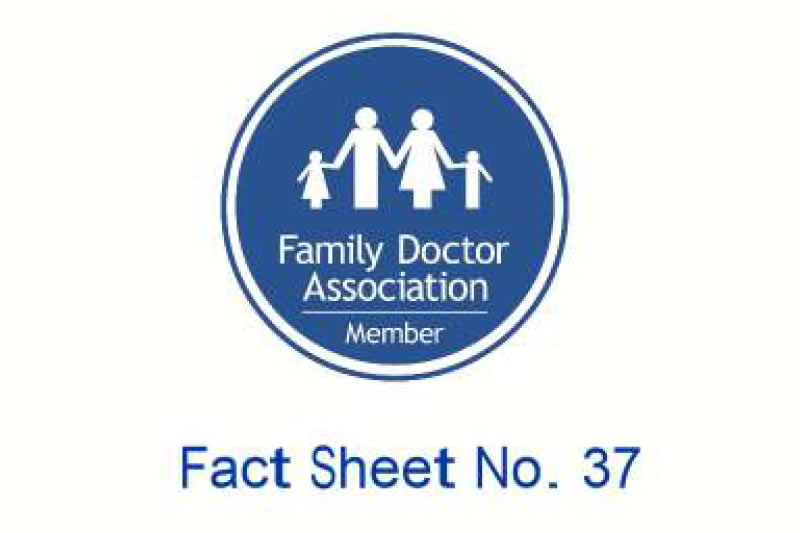
Top Ten Tips and Tricks for GP premises
For all premises
1 – Partnership agreement. Is there a Partnership Agreement in place and how is the property treated within that? Is the basis of valuation still relevant? e.g. If the property is likely to cease to be used as a surgery in the foreseeable future, should the value then reflect its potential use rather than restricting the value to that of a surgery?
For premises which are owned
2 – Make sure your notional rent is reviewed. NHS England is now responsible for commencing any triennial reviews of notional rents. However, there are instances where the process has not been started and practices miss out. Don’t let your rent review be overlooked!
3 – Negotiate your notional rent. It is often worthwhile appointing a surveyor to act on your behalf to review the Current Market Rent. Remember that from time to time the basis of how doctors’ surgeries are to be measured does change, as it has recently, affecting, for example, the amount of floor area that can be included within the notional rent. For instance, in some cases entrance lobbies can now be included. Reviewing your Current Market Rent can ensure such changes are taken into consideration.
4 – Invest in your premises. It is important that premises are kept in reasonable condition, as this can enhance the rent negotiated with the District Valuer. Practices should use some of their notional rent to pay towards the upkeep of the property. Some of the notional rent may also be used to undertake periodic refurbishment of the property to ensure that it doesn’t become too dated, which in turn can assist with CQC compliance.
5 – Utilisation. How well utilised is the property and are there rooms that are under-utilised? Could these rooms be used by other healthcare providers?
6 – Ownership. Is the property treated as a partnership asset? For example, do the partners within the practice have to own the property or can external people (e.g. former partners) be owners? There are cases of the partners having retired but retaining ownership, and of new partners not owning the property.
7 – Sale and leaseback. Is property ownership proving cumbersome for the partnership? Sometimes a significantly valuable surgery can be a barrier to new partners joining. Is it worthwhile considering separating ownership of the property from ownership of the surgery?
8 – Pharmacy opportunities. Is there the opportunity to create a pharmacy on the premises? Pharmacists often pay a premium (lump sum) as well as rent. This can improve the performance of the property significantly.
For premises which are rented
9 – Leased premises. If a practice occupies a property by way of a lease, the new Premises Directions from April 2013 dictate that the landlord and tenant are to agree the rent first before the tenant can seek reimbursement of rent from the NHS.
10 – Health centres. Practices that are based in health centres rarely have a lease agreement. With the change of ownership of the health centre to NHS Property Services, it will shortly be required for leases to be completed. It is imperative that practices seek professional advice from both surveyors and solicitors before agreeing to the terms of the lease.
For advice and guidance, you can contact Primary Care Surveyors via our Contact Form here or email us at office@primarycaresurveyors.com
Useful websites. You can find further information by visiting the following:
– Department of Health (www.gov.uk)
– Primary Care Premises Forum (www.pcpf.co.uk)
– NHS Property Services (www.property.nhs.uk)
– NHS England (www.england.nhs.uk)

